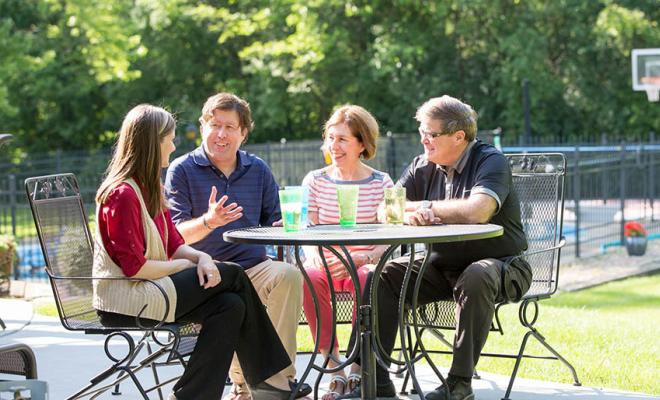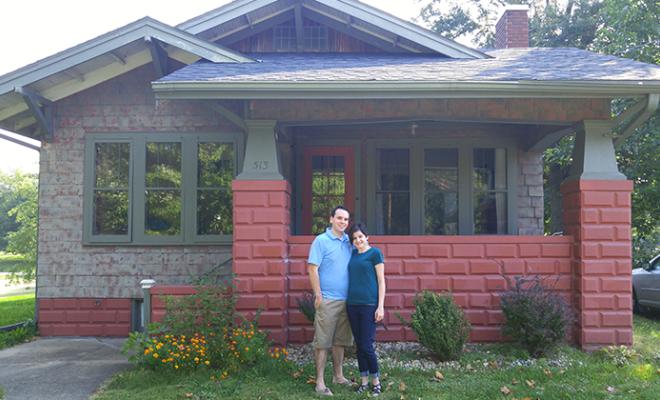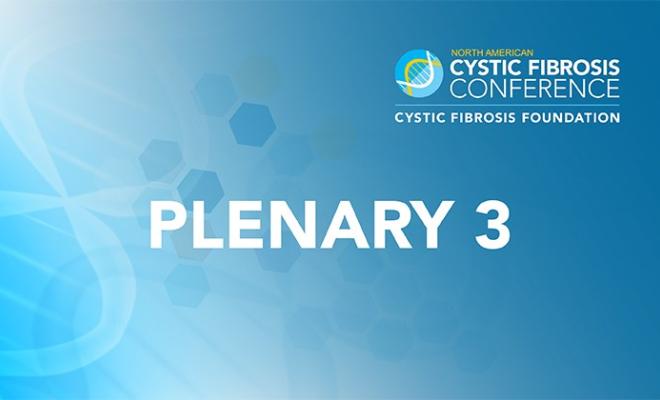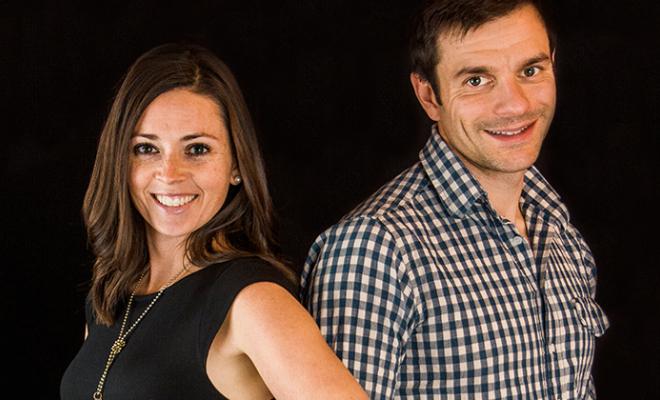There is a change coming to the Cystic Fibrosis Foundation and in our community, and I'm excited to be a part of it. You'd think it would be a no-brainer to recognize the powerful perspective of people with cystic fibrosis and their families -- the ones who know CF in an intimate and deeply personal way. Yet hearing that voice hasn't been a focus of the general medical community. The Foundation has included people with CF and parents in quality improvement projects for over a decade, but we are ready to expand in a new direction.
The vision of Community Partnerships, the Foundation's newest department, is to bring the perspective of people with CF and their families into all Foundation activities, and to support and partner with people touched by CF every day. As Community Partnerships' new vice president, I am excited to introduce myself to you, share my thoughts on where we might be headed and let you know that hearing from you is the most important part of my job.
I'm a grandmother now, but I became a CF center director when I had small children. This was not a career goal or something I sought, but a chance occurrence that changed my life. I originally trained and became a board-certified pediatric gastroenterologist, but I knew early on that it wasn't a path I wanted to pursue. Shortly after my husband's career led us to Buffalo, N.Y., all of the pediatric pulmonologists left, and I was asked to take care of the patients with CF. I met the members of the wonderful CF multidisciplinary team and was hooked.
In particular, the nurse coordinator, Mary Kontos, was an extraordinary person. She taught me the medical side of CF and also the human side. This was years before dornase alfa (Pulmozyme®), the first medication of the new era of CF treatment, and I grimace when I think of how few tools we had in those days. I can remember the first chest CT scan I ordered. That young child is now married, and the picture of her dancing with her father at her wedding is one of my favorites.
I have seen a wide range of ways that CF affects people, both medically and personally. However, my perspective is broad but not deep. I don't live with CF every day, and that's true of the majority of care team members and CF Foundation staff.
It's easy to understand why the Foundation's efforts have been primarily about drug discovery and development, although the creation and support of the care center network, the development of the Patient Registry and fundraising events like Great Strides are also signature features of what we do. I admire the decision to shift the Foundation's early focus from raising money "to buy mist tents for the poor sickly children with CF" to a broader view of supporting science to cure the disease. As a result of that commitment, more than half of all people in the U.S. living with CF are over 18, an astonishing and wonderful reality.
The CF Foundation now has an unprecedented opportunity to broaden its scope. We can continue to fund the best in basic and clinical research while also bringing your voice to the table in order to add to the insights that we've already heard from you about how to treat and live with CF.
Our shared challenges are many, but there are a few that stand out to me. First, we must figure out how to connect existing lines of communication with the CF community to all of the Foundation's activities. Second, we must create new connections with people in the CF community who aren't yet "plugged in." Third, and most importantly, we need to ensure that these conversations are real and unfiltered. The Foundation doesn't have an agenda here -- we're counting on the power of the community to chart the way.
We're already off to a good start. Hundreds of you have joined our group of Adult and Family Advisors (AFA), giving us your input on everything from the design of a pulmonary exacerbations survey to what you want to see on the new CFF.org. I'm excited to say that a planning committee is being assembled to build on an idea from the CF community for a virtual conference by and for people with CF. We'll be having our pilot conference this fall, so look for more information in a few months. In addition, we will be piloting peer-to-peer mentorship for adults with CF later this year. As a clinician, I also want to orient Community Partnerships toward working with care centers to free up the teams' time, and shift their focus from the crazy bureaucracy that is modern medicine in the U.S. back to what matters most: you.
If you haven't already, I encourage you to join the community conversations that happen through our social media accounts on Facebook, Instagram and Twitter. Let us know if you want to get involved in the AFA or the virtual conference.
My team and I want to connect with you. Danielle, Kelsey, Aimee, Allie and I want to hear about your interests and your pain points. To create real partnerships, we all need to be as open and honest with each other as we can. Please email us at communitypartnerships@cff.org.





